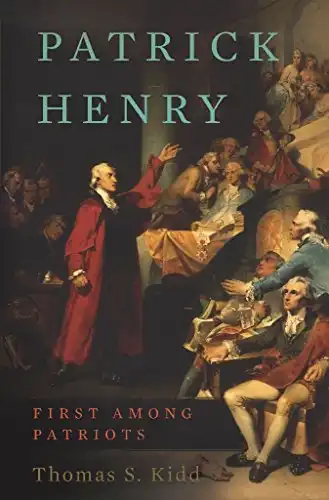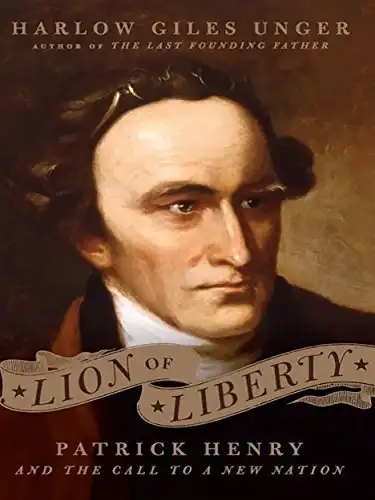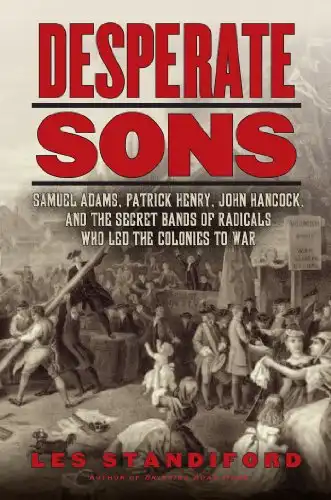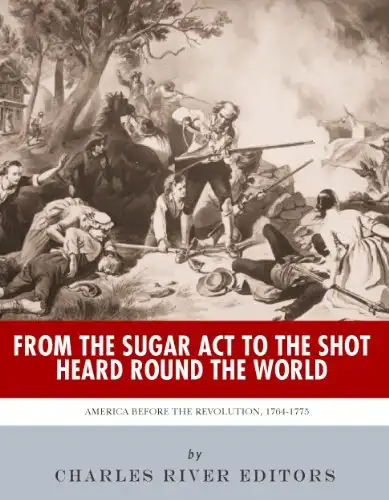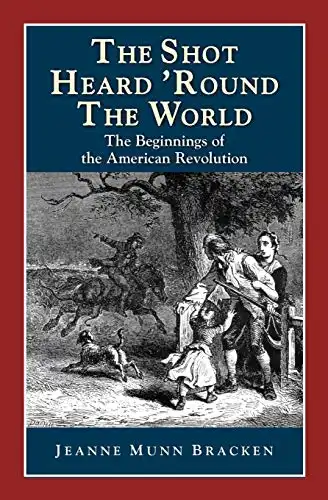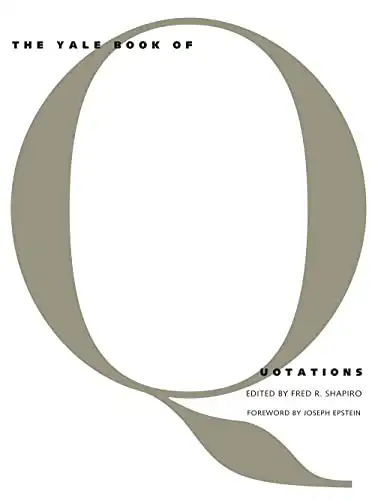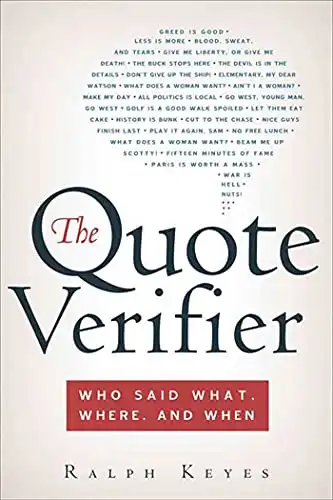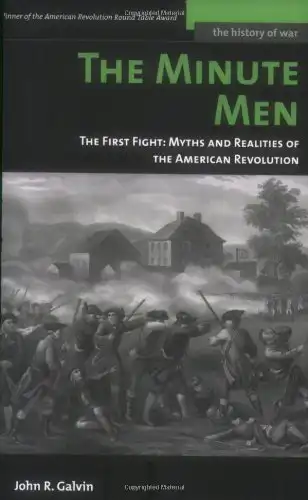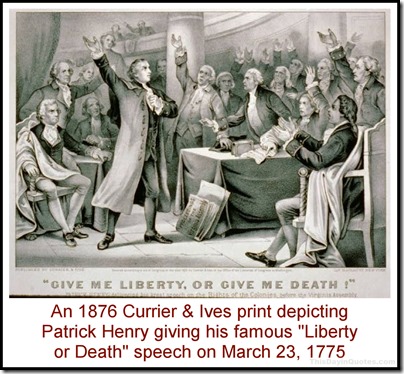
In late March of 1775, the American Revolution had not yet started. The “shot heard ‘round the world” was still a few weeks away.
But, to a growing number of Americans, a fight seemed inevitable if Great Britain continued to try to enforce its oppressive “Intolerable Acts” and taxes.
Some of the more militant American political activists — such as Patrick Henry — had begun urging local colonial governments to create militias that could be mustered to defend against or attack British troops.
Henry was a member of the Virginia House of Burgesses at the time.
On March 23, 1775, at a meeting of that legislative body in Richmond, he gave an impassioned speech in favor of mobilization.
According to legend, Henry ended his speech with these famous words:
“Is life so dear, or peace so sweet, as to be purchased at the price of chains and slavery? Forbid it, Almighty God! I know not what course others may take; but as for me, give me liberty or give me death!”
Patrick Henry’s rousing address played a role in the House of Burgesses’ decision in favor of creating a Virginia militia. Henry himself was appointed a Colonel of the First Virginia Regiment.
However, no one knows exactly what he said in his speech on March 23, 1775.
Henry didn’t write down the speech or any notes about it at the time — or in the years before his death in 1799. Nor was any other written record made of the speech when he gave it in 1775 or during his lifetime.
So, why is the famous quote that ends with “give me liberty or give me death” attributed to Patrick Henry? And, why do many books and websites reprint what they cite as the “full text” of Henry’s “Liberty or Death” speech?
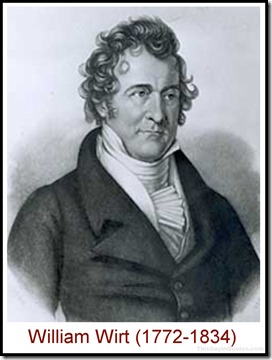 The answer is: because another Virginia politician named William Wirt created his own reconstructed version of the speech in a biography he wrote about Henry and Wirt’s version became famous.
The answer is: because another Virginia politician named William Wirt created his own reconstructed version of the speech in a biography he wrote about Henry and Wirt’s version became famous.
Wirt decided to write the biography about five years after Henry died. Over the next ten years, he corresponded and talked with people who knew Henry, including some who were present when he made his moving speech.
One of them was Thomas Jefferson. Another was a judge named St. George Tucker, who gave Wirt extensive notes on what he remembered of the speech.
In 1817, Wirt’s book was published. He titled it Sketches of the Life and Character of Patrick Henry.
The version of Henry’s March 23, 1775 speech in that book was based heavily on Judge Tucker’s recollection.
Obviously, of course, it would be impossible for anyone to recreate, word-for-word, any speech given 42 years earlier, based purely on other people’s memories.
Yet, what seemed to annoy a number of people who knew Henry much more than Wirt’s poetic license in recreating Henry’s speech was his overly idealized portrayal of the man.
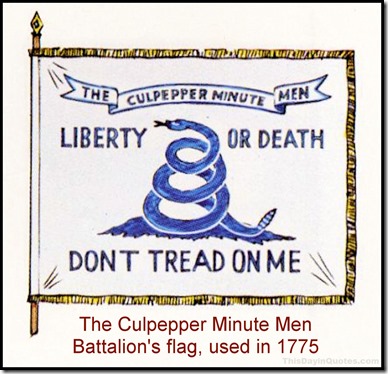 Jefferson called Wirt’s biography “a poor book” that gave “an imperfect idea of Patrick Henry.”
Jefferson called Wirt’s biography “a poor book” that gave “an imperfect idea of Patrick Henry.”
John Taylor, another Virginia statesman who knew Henry, called it “a splendid novel.”
Comments from other contemporaries of Henry were even less kind.
Nonetheless, Wirt’s book was extremely popular and, over the years, his version of the speech that Henry gave on March 23, 1775 came to be thought of and portrayed as a real transcript — until modern historians and quote mavens began to look into it.
Experts on American history and quotations who have carefully studied the facts generally dismiss the idea that Wirt’s recreation of the entire speech is or could be accurate.
One researcher quoted in a post on the Colonial Williamsburg website concluded that “generations have been deceived into believing in the literalness” of the speech.
In The Yale Book of Quotations, Editor Fred Shapiro calls the text of the speech as reconstructed by Wirt “questionable.”
Ralph Keyes, author of The Quote Verifier and many other well-researched books about quotations and language, summed up his verdict in an NPR radio interview in 2006. When asked if Patrick Henry actually said “give me liberty or give me death,” Keyes answered: “Unfortunately, he didn’t.”
Keyes said his conclusion is that “William Wirt…put ‘give me liberty or give me death’ in Henry’s mouth.”
Other experts think that Henry might have said “give me liberty or give me death” or at least uttered the phrase “liberty or death.”
Those are certainly memorable words. And, later in 1775, “LIBERTY OR DEATH” was used as a slogan on the flag of the Culpeper Minute Men Battalion, a unit of Patrick Henry’s First Virginia Regiment.
However, the rest of the alleged final sentences at the end of the speech Henry gave on March 23, 1775 — and the “full text” of the speech reprinted by many books and websites — should probably be credited to either William Wirt or St. George Tucker instead of Patrick Henry.
* * * * * * * * * *
Comments? Corrections? Questions? Email me or post them on my Famous Quotations Facebook page.
Related reading…


